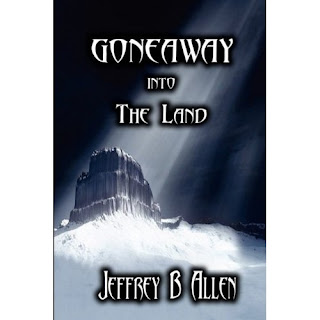
The Decline of Self-Control
The only thing that might be surprising about public displays of rude behavior is that the recent episodes of three public occurrences were one right after another. The incidents of yelling “you lied” at the President, or ranting and cursing at a line judge in sports, or grabbing the mic at an awards ceremony to announce someone else’s entry was better, were incidents that cut across politics, sports and entertainment. These public examples are symptomatic evidence for the decline of self control. We can blame media, politics, competition or even the insistence of our Constitutional rights to express ourselves anyway we want too. But clearly, it is a cultural trend. Loss of self-control is evident in many areas and emerges from a culture that is defined by excess. Excess is everywhere. Americans are overweight, buried in debt, overusing medications, and cheating more than ever before. We even put more people in prison per capita than any other country. Our budget deficit and health care spending seem to have no upper limit. When you consider all of these problems of self control, verbal rudeness is just a minor symptom.
The only thing that might be surprising about public displays of rude behavior is that the recent episodes of three public occurrences were one right after another. The incidents of yelling “you lied” at the President, or ranting and cursing at a line judge in sports, or grabbing the mic at an awards ceremony to announce someone else’s entry was better, were incidents that cut across politics, sports and entertainment. These public examples are symptomatic evidence for the decline of self control. We can blame media, politics, competition or even the insistence of our Constitutional rights to express ourselves anyway we want too. But clearly, it is a cultural trend. Loss of self-control is evident in many areas and emerges from a culture that is defined by excess. Excess is everywhere. Americans are overweight, buried in debt, overusing medications, and cheating more than ever before. We even put more people in prison per capita than any other country. Our budget deficit and health care spending seem to have no upper limit. When you consider all of these problems of self control, verbal rudeness is just a minor symptom.
The decline in self-control is connected to an increase in cultural narcissism-our sense of entitlement, grandiose expectations, immediacy, and demand that we are so special-we deserve everything now. Entitlement and immediacy leads to impulsivity and declining self-control. Researcher Jean Twenge has written two books describing the growth of narcissism-her recent effort is titled The Narcissism Epidemic. The growth is a cultural trend, with roots in the 70s, and initially put forth by social critic Christopher Lasch. Today’s version, Cultural Narcissism 2.0, has created a culture of excess that involves three factors. These are the speed of technology, technology coupled with media, and extreme capitalism. These factors are cumulative and interactive and define our day to day behavior and relationships. We haven’t fully realized the cumulative effect of these combined forces on our lives. The water level has been slowly rising, but now we sense it is above our shoulders. Even then, we run the risk of drowning. Like the frog that will jump out of hot water, but if put in water that slowly boils, it stays in the water and dies.
All of our social and legislative policies reflect our cultural narcissism and encourage and advance the decline in self-control. Deregulation has become a religion and has led to extreme risk taking that caused the financial collapse. Extreme risk taking is a behavior that emerges from declining self-control. The road to success in today’s deregulated “free market” is not to choose a profession and to be competent. That takes too much time and is too hard. Instead, it is far easier to be a broker. A broker in a deregulated jungle is king. The dismantling of rules and boundaries wafts down to the individual. In an era that prized deregulation, we have deregulated our internal mechanisms of self-control. Self-control at this point can only be reined in by what everyone seems to resist and hate—increased rules and regulations. Just as a child cannot grow without rules and boundaries, an economy cannot recover and grow without them either.
Some call today’s youth Generation Me. But many of them want to become Generation We. This new generation will have the courage to regulate, the courage to overcome the arguments of socialism. They will dispute the entitled positions like the one that says we have the best healthcare system in the world. They will replace consumption with competence. They will replace self esteem with self-control. They will redefine what success means. Their internal mantra will be an old one —moderation in all things.
J.R. Slosar is a clinical psychologist in private practice in Irvine, CA, and an adjunct assistant professor at Chapman University, Orange, CA. In the past 25 years he has provided direct clinical and consulting services in a variety of diverse settings. He is the author of The Culture of Excess: How America Lost Self Control and Why We Need to Redefine Success (ABC-CLIO, Nov.. 2009) Visit http://www.cultureofexcess.com or call 949-851-8277 for more information.










